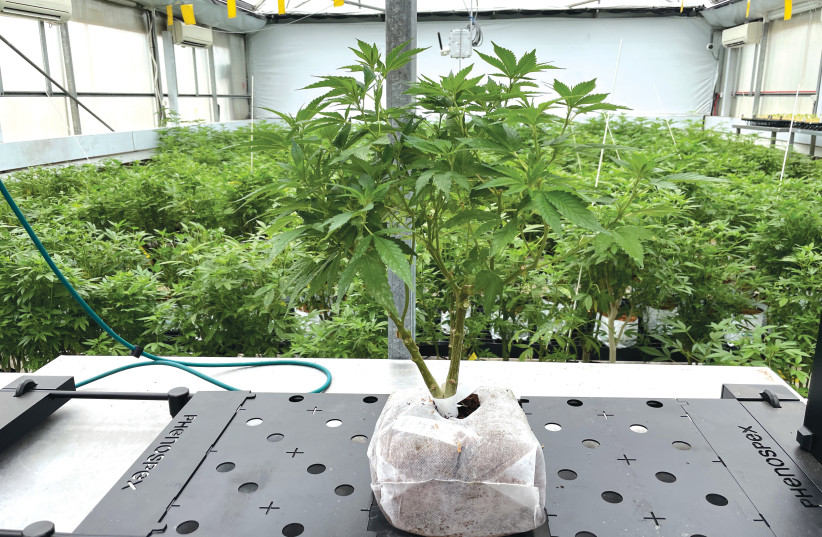Plants reportedly have the capability to remove toxic gasoline fumes in the air, according to a recent study by the University of Technology, Sydney (UTS).
The non-peer-reviewed study was conducted and published by UTS in collaboration with Ambius, a leading Australian company whose goal is to "design healthier spaces and safer environments," its website states.
The study essentially states that indoor plants can remove almost 98% of the organic compound alkane and 86% of the benzene compound, the latter of which is known to cause cancer.
The study also presents the Ambius Small Live Green Wall, which is described as a "small vertical plant wall system that has applications in indoor spaces that are not currently addressed by other functional plant-based systems."
The system's use of mixed plant species can clean up gasoline vapors, which are one of the largest sources of toxic compounds in buildings worldwide, the study showed. The study also showed the system's units being exposed to petroleum vapor in sealed chambers.

The Ambius system improves people's health
Researchers concluded that the Ambius Small Live Green Wall is a highly effective system to remove many different and dangerous air contaminants indoors, which drastically improves the occupant's health. This is because breathing in gasoline fumes can lead to headaches, irritation in the lungs, and nausea.
Breathing in such fumes has also led to asthma, increased risk of cancer, and other chronic diseases that have contributed to decreased life expectancy.
